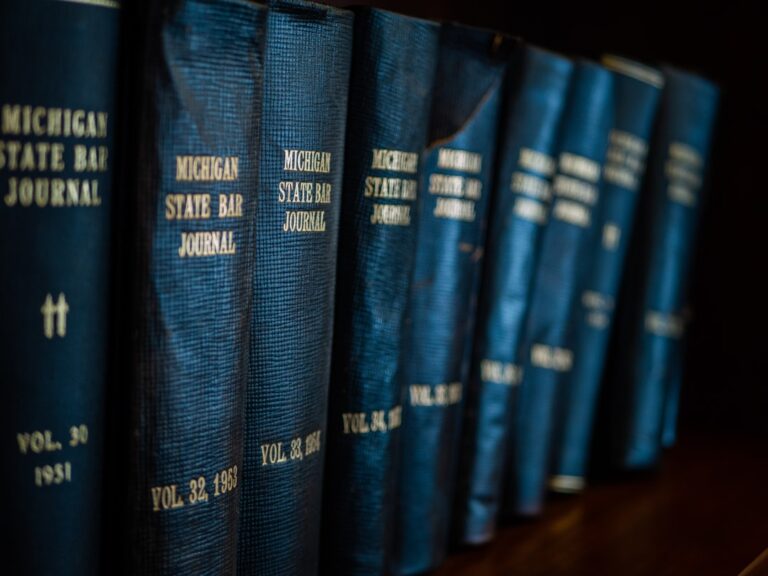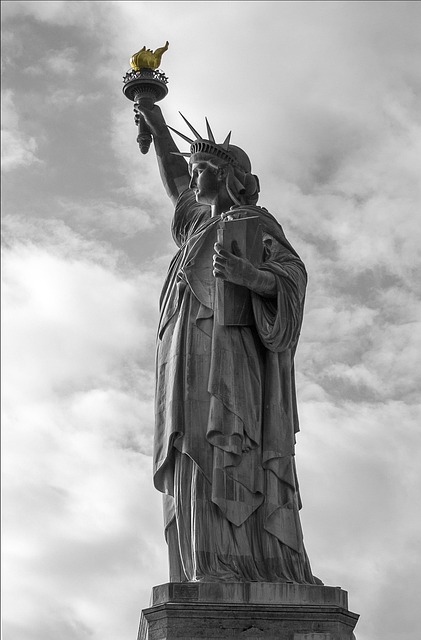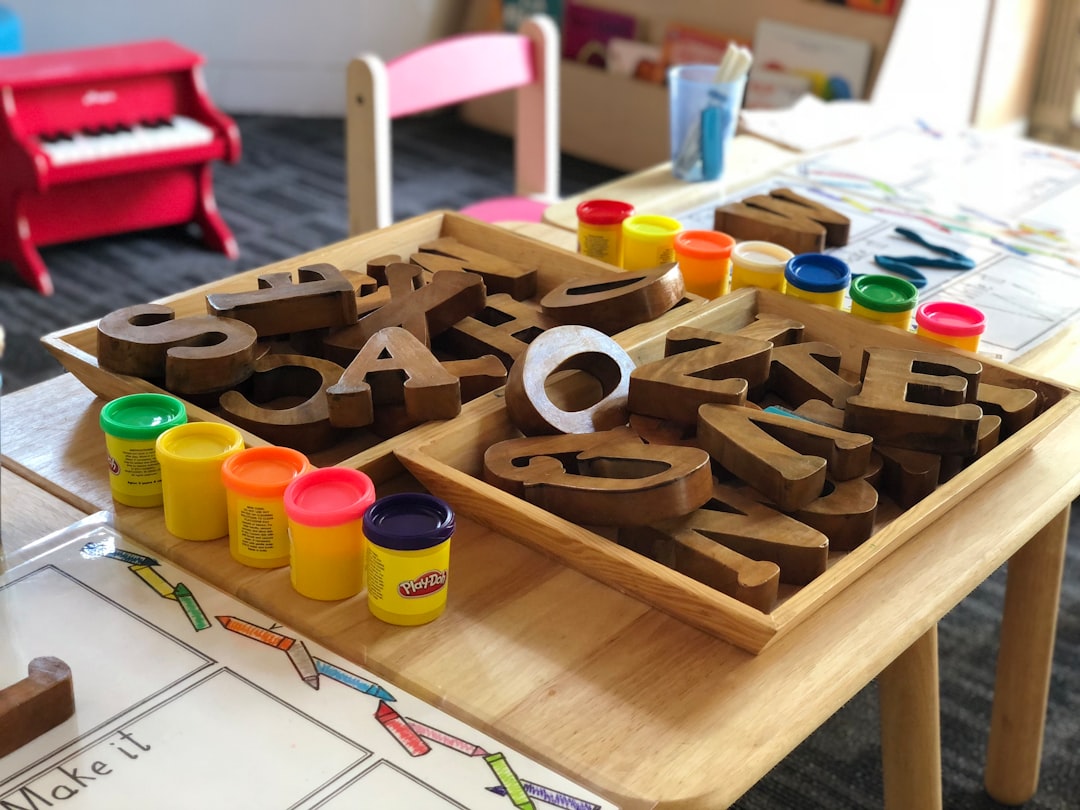The Statute of Limitations for daycare abuse lawsuits in New York varies based on age and type of abuse, with time limits impacting filing deadlines. Consulting a lawyer for Sex Abuse New York is crucial to navigate these laws, protect rights, and ensure claims are filed within the designated timeframe, especially considering complex forms of abuse and victim age.
In New York, understanding the statute of limitations is crucial for victims seeking justice in daycare abuse cases. This comprehensive guide delves into the legal framework surrounding these sensitive issues. We explore time limits for filing claims, distinctions between children’s and adult victim cases, and key legal factors unique to daycare abuse. Additionally, we highlight the vital role a lawyer for sex abuse in New York plays in navigating these complex matters, ensuring victims receive the support and representation they deserve.
Understanding New York's Statute of Limitations

In New York, the Statute of Limitations for filing a lawsuit related to daycare abuse is crucial information for victims and their families. This legal timeframe refers to the period within which an individual can take legal action after the incident occurs. For sex abuse cases specifically, the statute generally allows up to 10 years from the time the abuse was discovered or should have been reasonably discovered to file a claim. Understanding this timeline is essential as it varies from state to state and can significantly impact the ability to pursue justice.
If you’ve experienced daycare abuse in New York, seeking legal counsel from an experienced lawyer for sex abuse New York is recommended. They can guide you through the complex legal process, ensuring your rights are protected and that any potential claims are filed within the prescribed Statute of Limitations. Timely action is vital to preserve evidence and strengthen the case, making it a priority to consult with a qualified attorney as soon as possible after discovering such incidents.
Time Limits for Filing Abuse Claims

In New York, time limits, or statutes of limitations, govern how long individuals have to file legal claims related to abuse, including sex abuse. For civil lawsuits against institutions like daycares or schools for child sexual abuse, the time frame is generally three years from the date of the alleged incident. However, this can be complex, as there are exceptions and nuances that vary based on the type of institution and the age of the victim at the time of the abuse.
If a victim was under 18 when the abuse occurred, the statute of limitations is extended until they reach 20 years old. Furthermore, in cases involving sexual abuse of minors, New York law allows for tolling of the statute, meaning the clock can stop or pause during periods when the victim may be incapable of understanding or communicating the abuse. This could include instances where the victim was threatened, manipulated, or suffered from cognitive impairments due to the trauma. A lawyer for sex abuse in New York can provide guidance tailored to each unique case, ensuring that victims understand their rights and timeframes within which they must take legal action.
Children's Cases vs Adult Victims

When it comes to statute of limitations, there’s a significant difference in how cases are handled when involving child victims compared to adult victims of sexual abuse. In New York, for children under 18 who have experienced sexual abuse, the statute of limitations is extended. This means that a lawsuit can be filed up until the age of 23 if the individual was a minor at the time of the incident(s). This provision aims to protect young victims who may not fully understand or disclose the abuse until later years.
In contrast, adult victims have a shorter window during which they can pursue legal action. In New York, the statute of limitations for adults is three years from the date they discovered or should have discovered the injury caused by sexual abuse. This distinction highlights the unique considerations in handling child abuse cases, recognizing that children may not be able to recognize or report the abuse immediately. For those seeking justice and healing, consulting a lawyer for sex abuse in New York can provide guidance tailored to these complex legal scenarios.
Legal Factors Affecting Daycare Abuses

The Statute of Limitations for daycare abuse cases in New York is a critical legal factor that can significantly impact the outcome of such cases. This time frame, which varies depending on the type of abuse and the age at which it occurred, dictates how long victims have to file civil lawsuits against the responsible parties, usually the daycare center or its employees. Legal experts, including a lawyer for sex abuse New York, emphasize that understanding these limitations is crucial for victims and their families seeking justice.
Several legal factors come into play when addressing daycare abuse cases. The age of the victim at the time of the alleged incident is a primary consideration. For instance, the statute of limitations for childhood sexual abuse in New York is 20 years from the age of majority, providing a longer window for victims to come forward. Additionally, the type of abuse and its discovery can influence the legal process. Some forms of abuse may not be immediately apparent, leading to delays in reporting and filing lawsuits. A qualified lawyer for sex abuse New York can help navigate these complexities, ensuring that potential cases are handled within the prescribed time limits and with the best possible outcome.
Role of a Lawyer in Abuse Cases

When facing allegations of daycare abuse, having an experienced lawyer for Sex Abuse New York is invaluable. These legal professionals are equipped to navigate complex laws and regulations pertaining to child welfare and protection. They play a crucial role in ensuring that victims’ rights are upheld and that justice is served.
A lawyer for Sex Abuse New York can provide vital guidance, assistance, and representation throughout the legal process. They will help gather evidence, interview witnesses, and construct a strong case to protect their client’s interests. Their expertise enables them to challenge any procedural errors or weaknesses in the prosecution’s case, ultimately aiming to secure the best possible outcome for their client.





